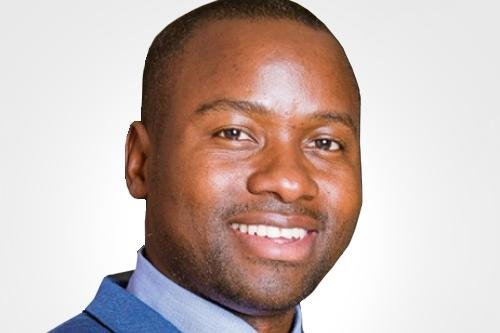-
CARGO elects to discontinue FIRCE-1, a Phase 2 clinical study of firicabtagene autoleucel (firi-cel)1; Company believes results do not support a competitive benefit-risk profile for patients.
-
CARGO to implement a workforce reduction of approximately 50%.
-
Phase 1 dose escalation study enrollment for CRG-023 on track to initiate in Q2 2025.
SAN CARLOS, Calif., Jan. 29, 2025 (GLOBE NEWSWIRE) — CARGO Therapeutics, Inc. (Nasdaq: CRGX), a clinical-stage biotechnology company advancing next generation, potentially curative cell therapies for cancer patients, today announced that it has elected to discontinue FIRCE-1, a Phase 2 clinical study of firi-cel for patients with large B-cell lymphoma (LBCL) whose disease relapsed or was refractory (R/R) to CD19 CAR T-cell therapy. In-line with this decision, the Company will reduce its workforce to extend cash runway and prioritize the advancement of CRG-023 to Phase 1 proof-of-concept data as well as its novel allogeneic platform.
Based on an ad hoc analysis of FIRCE-1 prompted by recent safety events, the Company believes the results do not support a competitive benefit-risk profile of firi-cel for the intended patient population. While data from 51 patients with at least one post baseline scan demonstrated an overall response rate of 77% and complete response rate (CR) of 43%, the durability of CR at three months was 18%. Safety data indicated 18% of patients developed immune effector cell-associated hemophagocytic lymphohistiocytosis-like syndrome (IEC-HS) that were grade 3 or higher, including grade 4 and grade 5 serious adverse events. IEC-HS is a toxicity that is associated with CAR T-cell therapy and firi-cel in other clinical studies.
The Company is implementing a workforce reduction of approximately 50% to preserve cash. Further, CARGO will continue to advance CRG-023, its tri-specific CAR T, into a Phase 1 dose escalation study and its allogeneic platform to lead vector candidate selection while evaluating its strategic options. With preliminary cash, cash equivalents and marketable securities of $368.1 million(2) as of December 31, 2024, the Company expects its cash runway to be extended into mid-2028.
“We are disappointed with these unexpected results from our Phase 2 study. Durability of complete response is an important clinical goal for LBCL patients who are R/R to CD19 CAR T-cell therapy. Combined with a higher-than-expected occurrence and severity of IEC-HS, the data generated so far does not meet our expectations of a competitive benefit-risk profile for patients in the context of available treatment options. Therefore, we believe it is in the best interest of both patients and shareholders to discontinue the study,” said Gina Chapman, President and Chief Executive Officer of CARGO Therapeutics. “While we continue to advance CRG-023 into the clinic this year and progress our novel allogeneic platform, we will also evaluate our strategic options. We are grateful for the patients, caregivers and families who were involved in the FIRCE-1 study, as well as the investigators who partnered closely with us and with whom we look forward to continuing to collaborate. I’d also like to recognize and thank all of our employees at CARGO, including those being impacted by today’s decision, who have worked tirelessly on behalf of patients and made meaningful contributions to our Company’s mission.”







